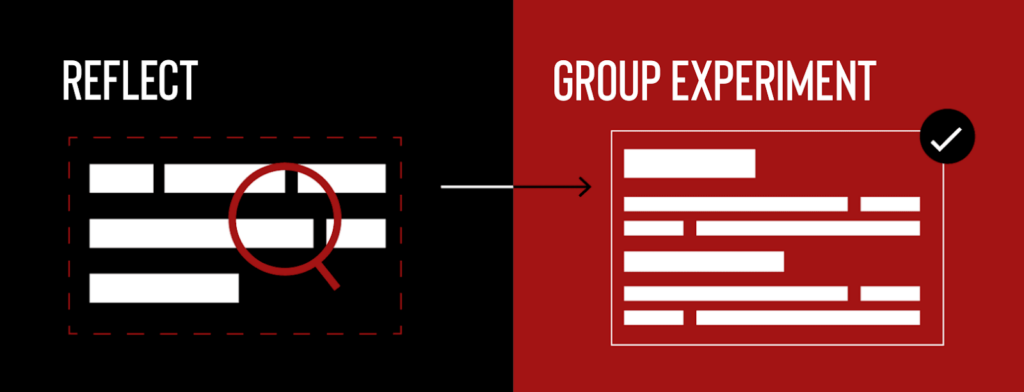
| The following is an archived lesson from the Leadership Laboratory private newsletter. If you’re curious about applying to the cohort, the details are here.
——— Once you discover gravity, everyone has to call you by your full name, right? Our boy, Ike, isn’t the Godfather of Gravitational Theory. No, sir. That’s Issac Newton to you. Ever since his famous observation of the falling apple, we’ve been sold on the never ending gravitational pull on the Earthly human experience. That’s not the only ever ending force we’re feeling.That’s right! Humans are endlessly drawn like a magnet to absolving responsibility. The laws of “physics” are simple on this one: it’s easier to give up responsibility than the alternative. Much of our time in the Leadership Lab touches on big examples of this where someone chooses a victim role, relinquishes responsibility, and fails to choose leadership. This is a much smaller infraction. Today, we’re talking about a more subtle killer.I almost said “silent killer,” but it’s anything but silent. We’re talking about one’s word choice. Specifically, disempowered, low-leadership communication. When two or more are gathered, you’ll notice the use of collective language over individualistic language. “We need to have more attention to detail in our contract design meetings,” a manager might say. Or, a sports coach might rant in the locker room that “we missed four different play calls in the second half.” Did we? While the “we” feels safer, it’s less specific, actionable, and true than more specific communication. In fact, what if our underwriters, Dave and John, have been missing the mark on attention to detail? And, what if the defensive back, Eric, missed the first two play calls, Damon missed the third, and Egdar missed the fourth play call? The most honest, actionable thing to say would be the truth.This works both ways, too. Low performance leaders often “call out” feedback with collective language to cut the sharpness of the message. On the other hand, the responsible party often dodges the full weight of the responsibility by referring to his/her own blunder in a collective way. “We” can’t do anything. But, I, you, he, and she can, so let’s talk that way. |
 |
TAKE ACTION:
|
5/14/24 WOD
DEUCE Athletics GPP
Complete 2 rounds of the following
MAX Pull ups
Complete 3 rounds for quality of:
12 DB Reverse Flys
12 Floor Presses
10-12 Evil Wheels
Complete the following for time:
Block Run
——-
Then, 4 rounds
30 KB Swings (71/53)
60 Double Unders
DEUCE Garage GPP
Every :90 for 12 Rounds Complete the following complex:
2 Push Press
1 Push Jerk
Complete 2 rounds for quality of:
50′ Bottoms Up 90-Degree KB Carry – Left
50′ Bottoms Up 90-Degree KB Carry – Right
8 Powell Raises (ea)
Then, complete 3 rounds for reps of:
In :90..
12 Box Jumps (24/20)
Max Burpees-to-Plate
-Rest 4:30-

